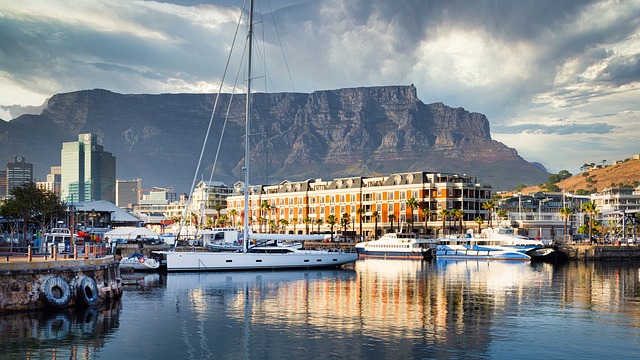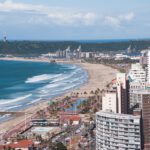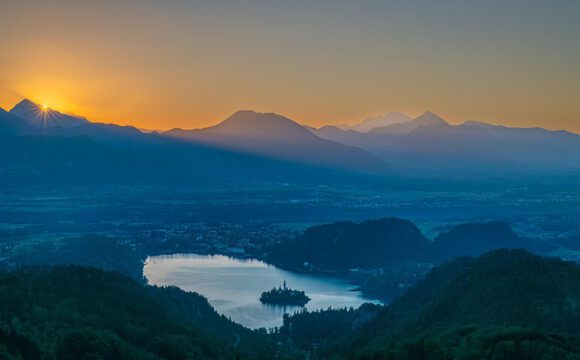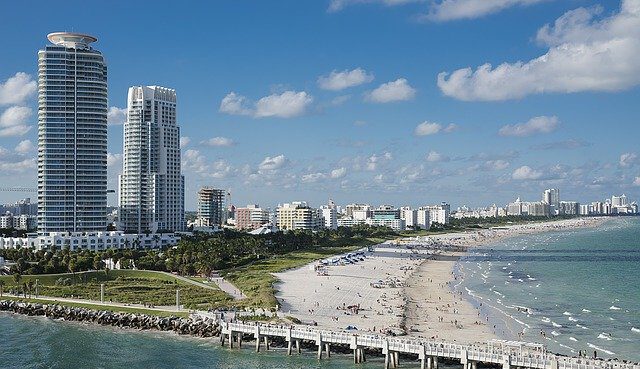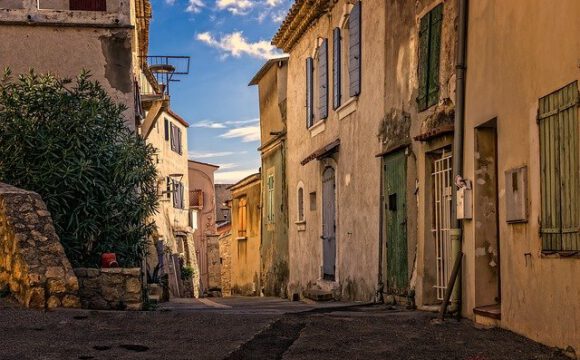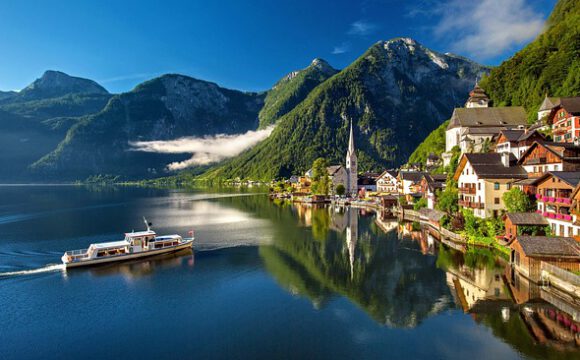Breathtaking Cape Town is the capital and largest city of the Western Cape province of South Africa. It is located on the Atlantic coast of the Cape Peninsula, about 80 km (50 miles) south of the Cape of Good Hope – the actual tip of Africa. The city has a long and complex history, which can be traced back to the early 16th century when the Portuguese first established a settlement there.
Unveiling the Roots of Cape Town: Exploring Its Fascinating Early History
The Portuguese were the first Europeans to explore the area, and they named it the Cape of Good Hope because they believed it was the gateway to the East. In 1652, the Dutch East India Company established a supply station at the Cape to provide provisions for ships sailing to and from the East. This marked the beginning of Dutch colonization in the region, and the settlement at the Cape became known as the Cape of Storms.
The city’s development during the complicated 19th century
During the 19th century, Cape Town underwent significant changes as a result of British rule. The city became a major center of commerce and industry, and many new buildings and infrastructure projects were constructed. However, this period was also marked by racial segregation and discrimination against the black population, who were forced to live in separate areas known as townships.
In the 20th century, Cape Town played a significant role in the struggle against apartheid, the system of racial segregation and discrimination that was enforced by the South African government. The city became a hub of resistance and a center of activism, and many notable figures, such as Nelson Mandela and Desmond Tutu, emerged from the struggle against apartheid in Cape Town.
Since the end of apartheid in 1994, Cape Town has undergone significant transformation and redevelopment. The city has become a major tourist destination, with its pristine beaches, vibrant culture, and rich history attracting visitors from around the world. Today, Cape Town is a thriving, cosmopolitan city that is home to a diverse population and a rich cultural heritage.
Experience the Thrill of the 2010 Soccer World Cup
Cape Town was one of the host cities for the 2010 FIFA World Cup. The city was buzzing with excitement as fans from all over the world descended upon Cape Town to witness the world’s biggest soccer event.
The World Cup brought a sense of unity and pride to Cape Town as people from different cultures and backgrounds came together to celebrate the beautiful game. The city’s atmosphere was electric as locals and tourists alike cheered on their favorite teams at the Green Point Stadium, which was built specifically for the World Cup. Overall, the 2010 World Cup was a memorable experience for Cape Town and its residents.
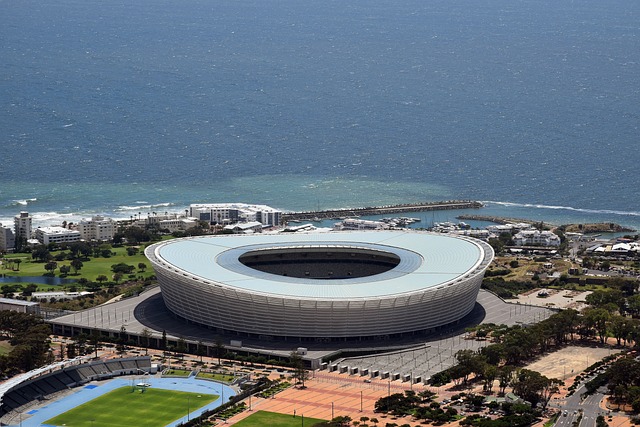
Sightseeing in and around breathtaking Cape Town
Besides the World Cup stadium there is a lot more to see in Cape Town. First of all the Table Mountain: This iconic mountain is the most recognizable feature of Cape Town and a must-see for any visitor. The best way to experience Table Mountain is to take a cable car ride to the top, where you can enjoy breathtaking views of the city and the surrounding coastline.
The V&A Waterfront: Located in the heart of Cape Town, the V&A Waterfront is a popular destination for shopping, dining, and entertainment. The waterfront is home to a variety of restaurants, cafes, and bars, as well as a number of boat tours and boat rentals.
Part of the apartheid heritage there is Robben island: This small island off the coast of Cape Town was once used as a prison for political prisoners, including Nelson Mandela. Today, the island is a museum and a reminder of the country’s tumultuous past. Visitors can take a tour of the prison, hear from former prisoners, and learn about the history of apartheid.
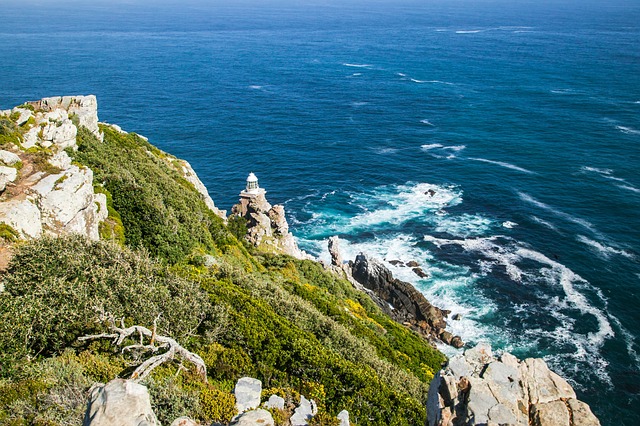
Then there is Cape Point: Located at the southern tip of the Cape Peninsula, Cape Point is a stunning nature reserve that is home to a variety of wildlife, including baboons and antelopes. From Cape Point, you can also take a hike to the lighthouse, which offers panoramic views of the area.
Explore as well the Cape Winelands – located just outside of Cape Town, the Cape Winelands are home to a number of world-renowned wineries and vineyards. Visitors can take a tour of the wineries, taste local wines, and enjoy the stunning views of the rolling hills and vineyards.
Encounter Real-Life Penguins in South Africa: A Unique Wildlife Experience
Make sure to visit Boulders Beach, which is a sheltered beach that is home to a colony of African penguins. The Boulders Beach penguin colony is located near Simon’s Town in the Western Cape province of South Africa, about 45 kilometers (30 miles) south of Cape Town. The beach is part of the Table Mountain National Park and is a popular tourist attraction. You can view the penguins from a boardwalk that has been built through the dunes, which allows for close-up views of the birds.
Cape Town as well is the extended starting point for the famous Garden Route all the way to Port Elizabeth – the now city of Gqeberha.

